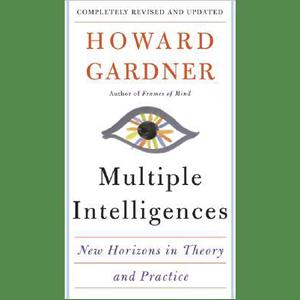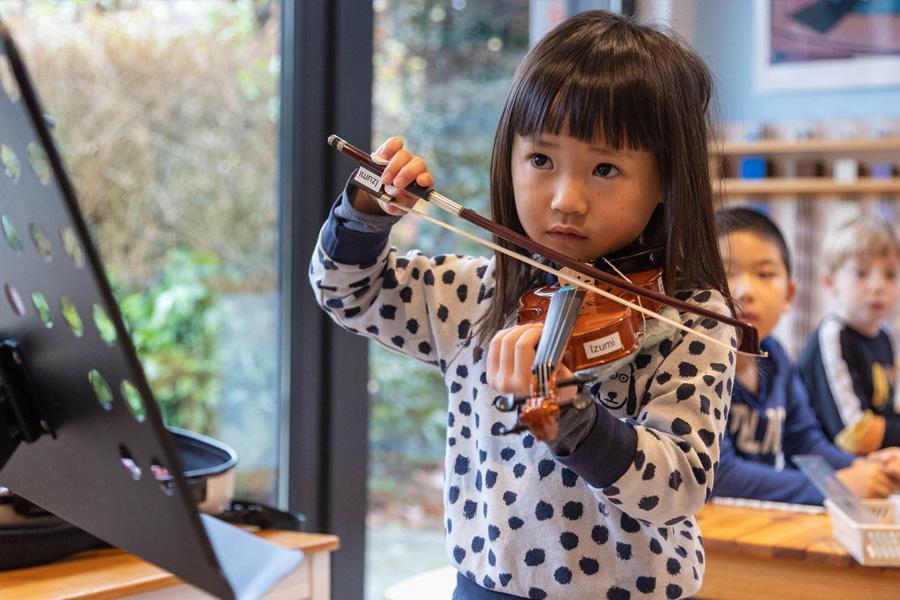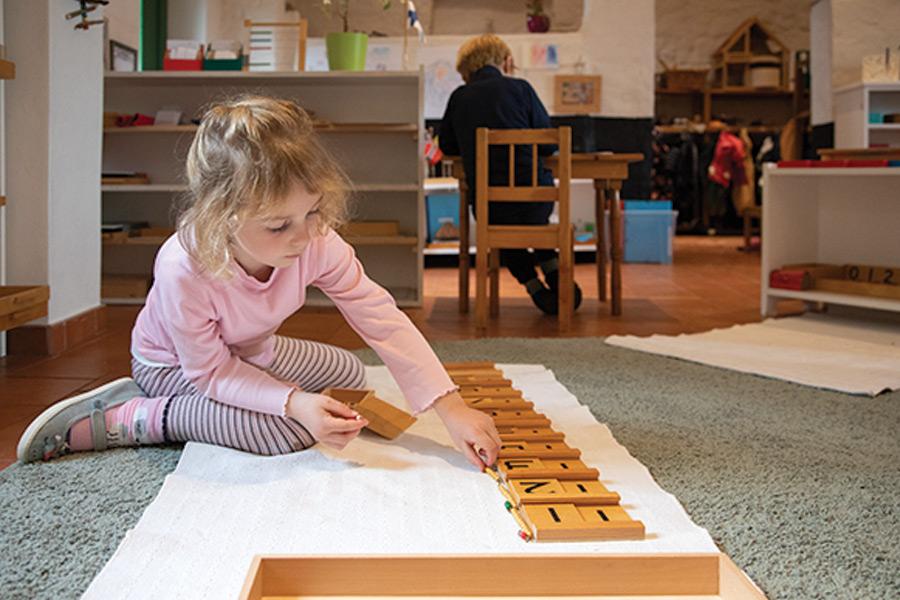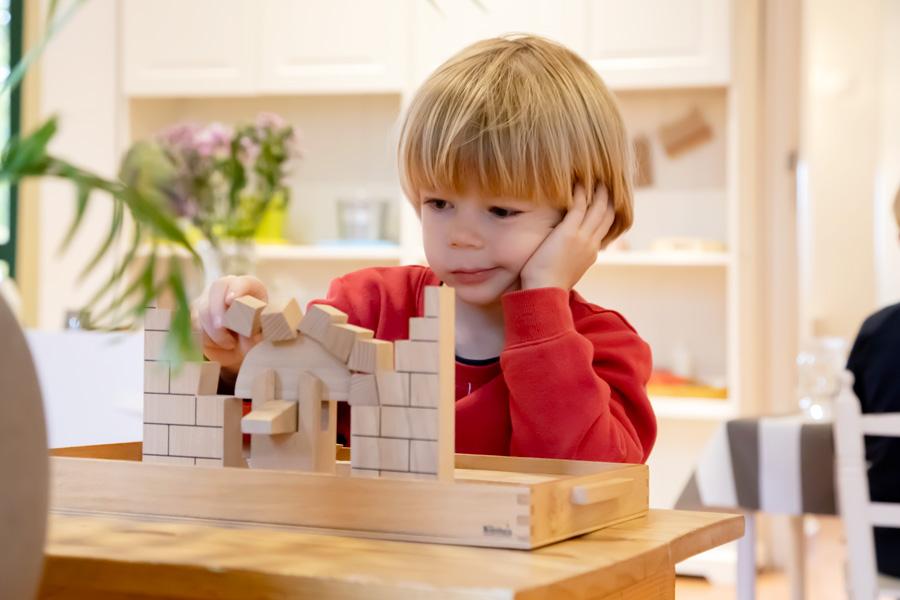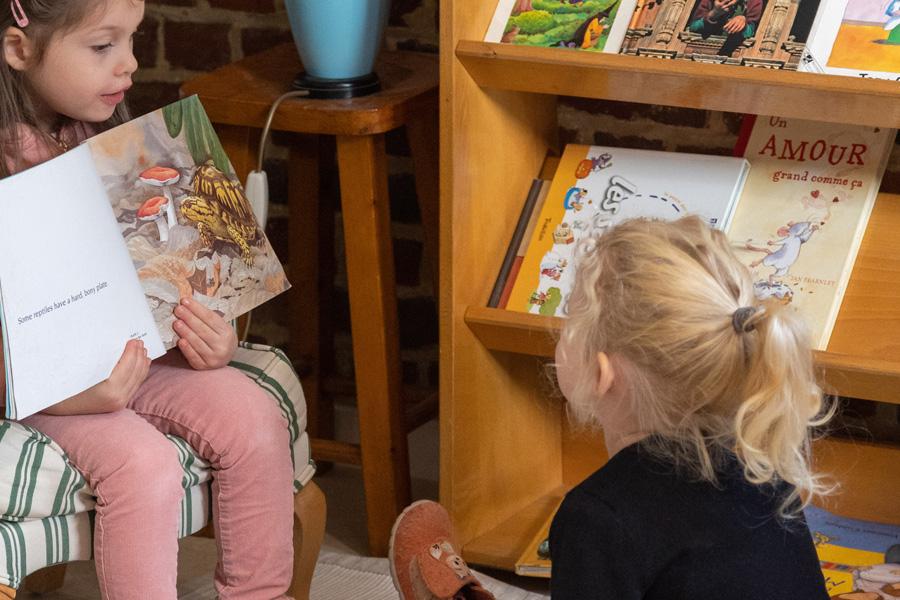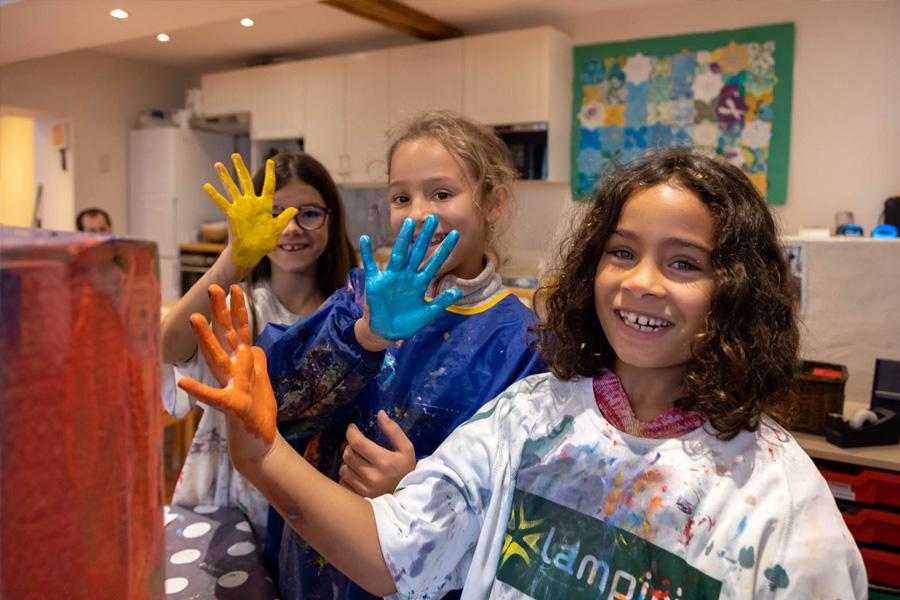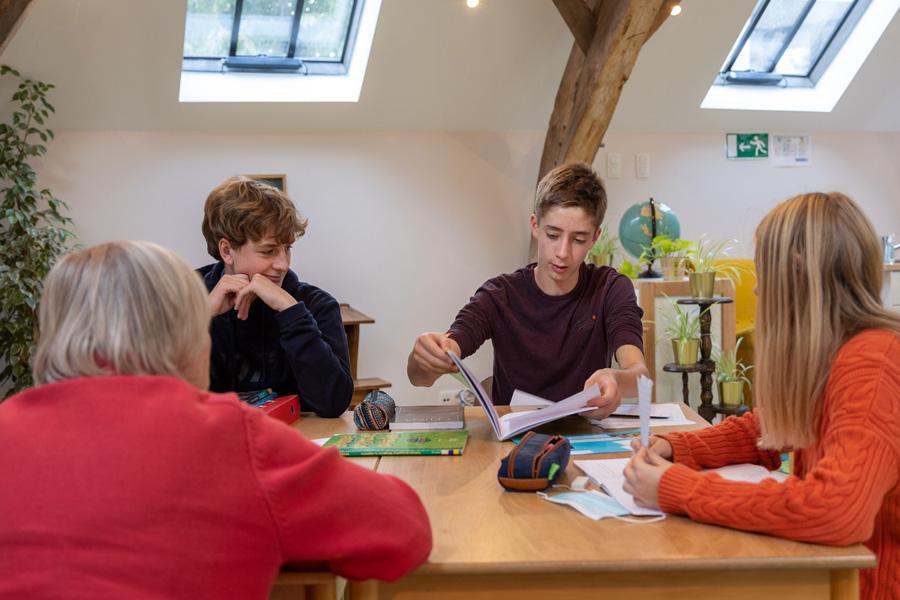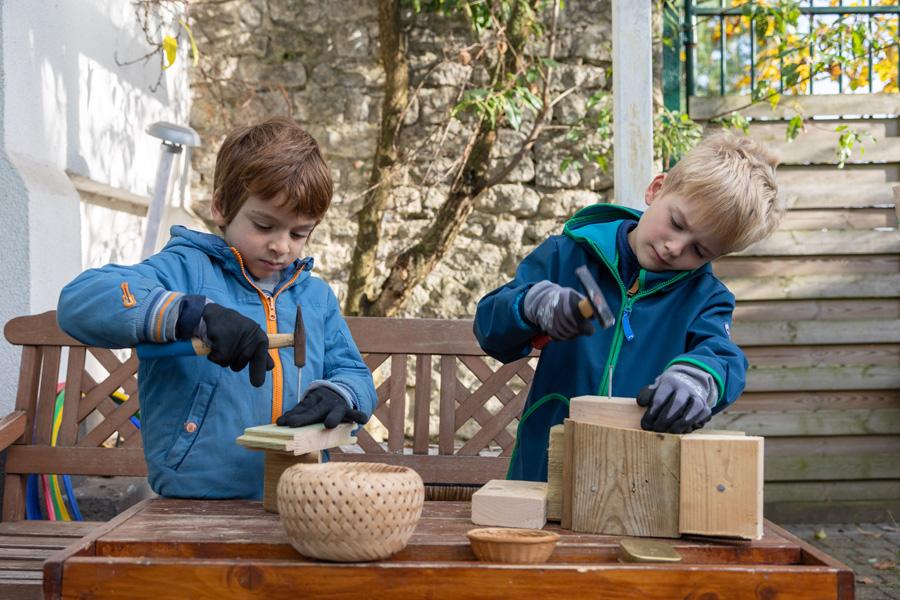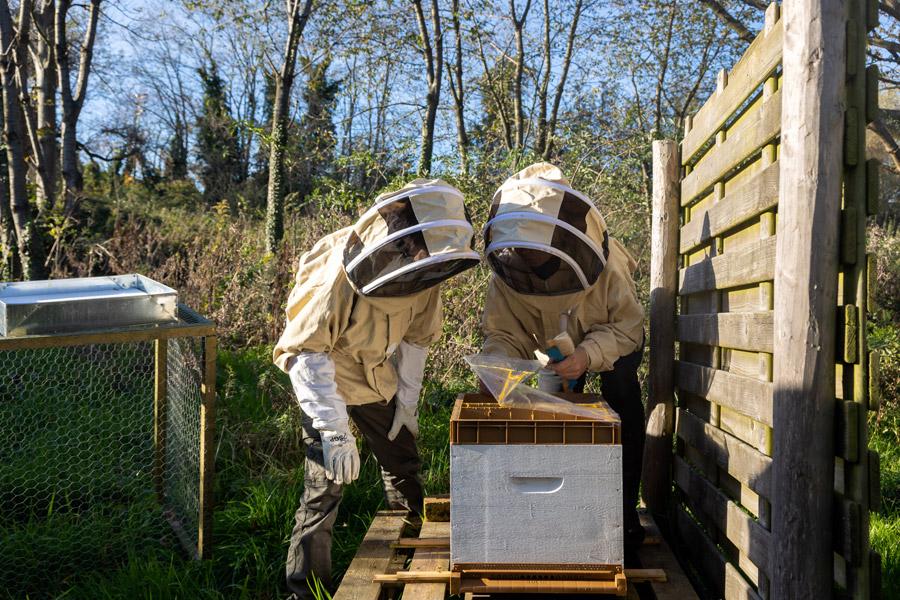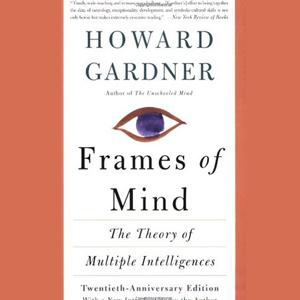
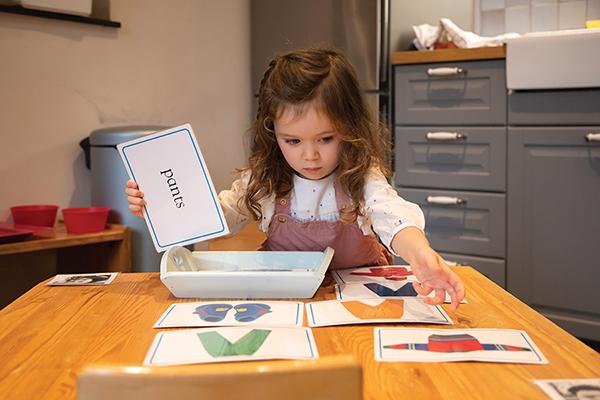



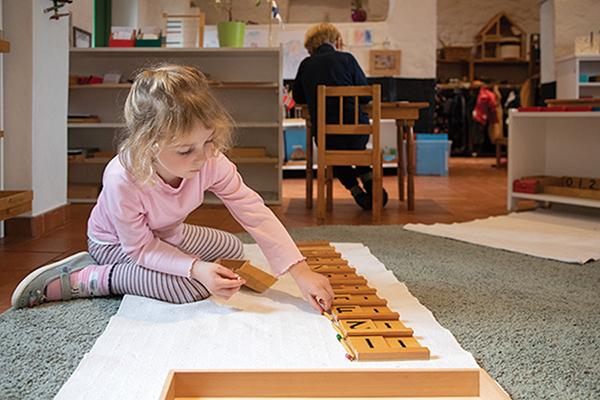

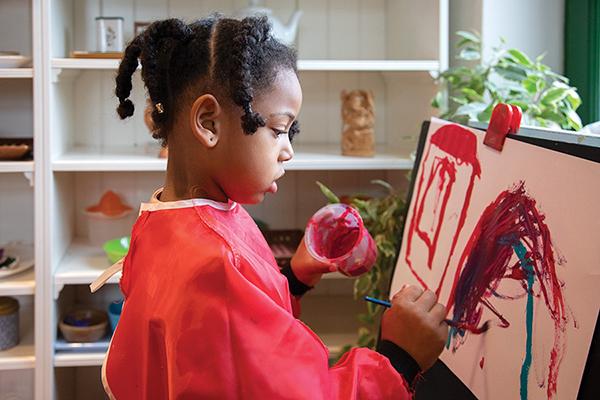
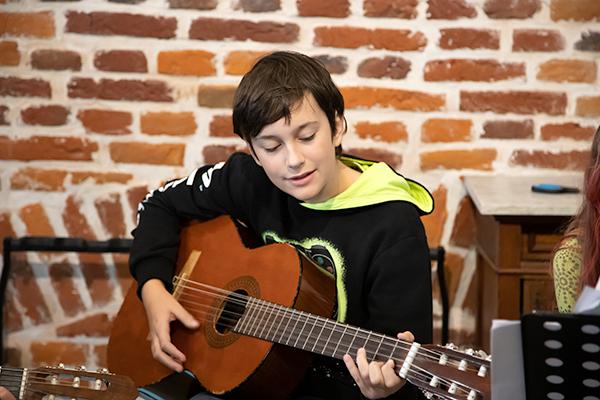
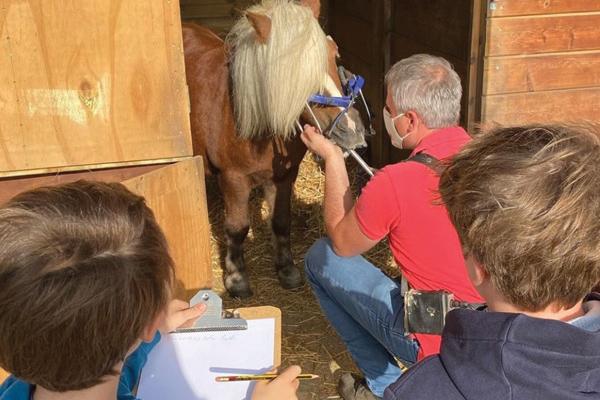

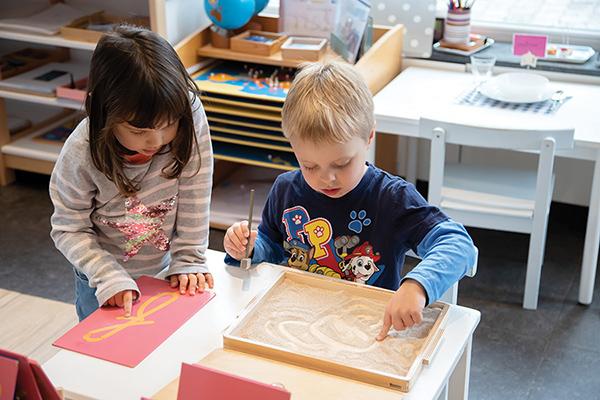
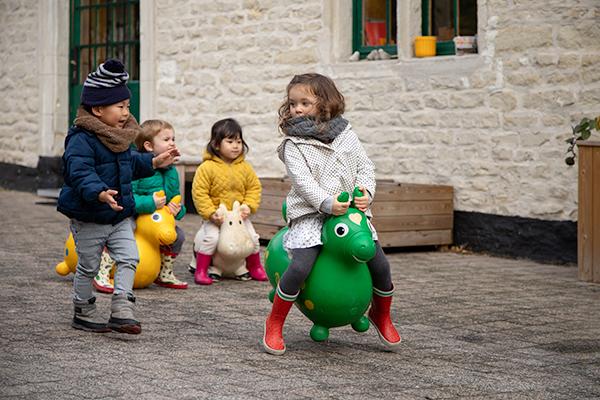
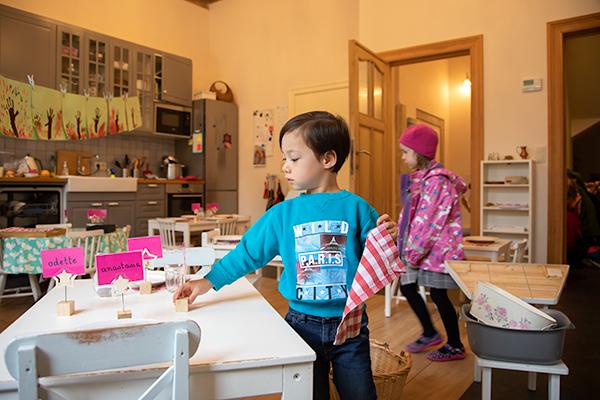

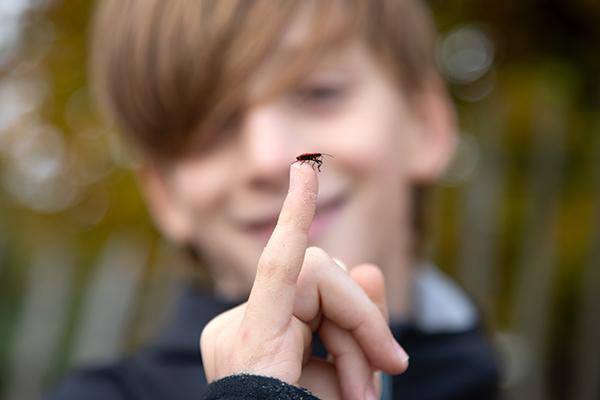
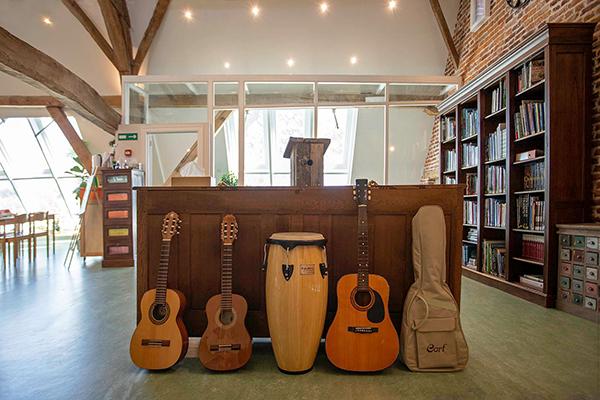
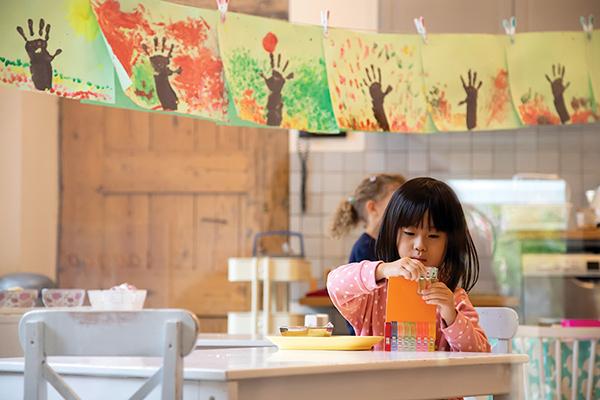
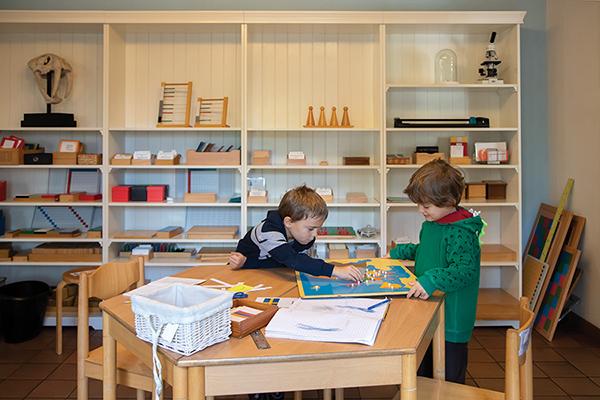
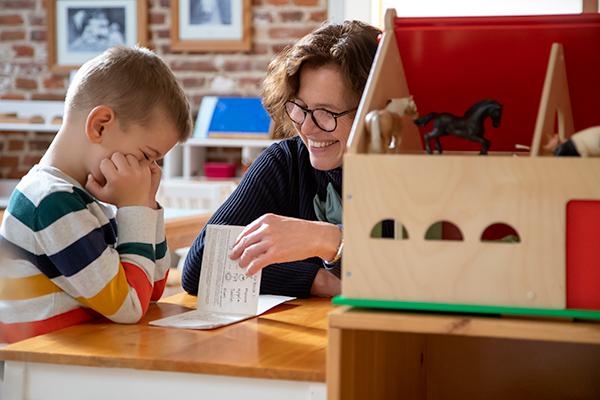

8 Intelligences
In order to capture the full range of abilities and talents that people possess, Howard Gardner theorises that people do not just have an intellectual capacity, but many kinds of intelligence, including musical, interpersonal, spatial-visual and linguistic intelligences. Both at school and within the family it is important to recognise the incredible uniqueness of each child and to acknowledge and further help develop their skills and abilities.
Introduction
The Theory of Multiple Intelligences was proposed by Harvard Psychologist, Howard Gardner. In his books, Frames of Mind (1983), and Multiple Intelligences (1993), Gardner explains that he is seeking to undermine the common notion of intelligence as one general capacity or potential, which every human being possesses, to a greater or lesser extent. He also questions the assumption that you can measure intelligence with standardised IQ tests. This test is still commonly used and the traditional education system and is mainly based on the skills tested in linguistic and logical-mathematical modalities. The disadvantage to this model is that children are using a small part of their multiple intelligences.
Gardener’s theory challenged the traditional notion that there us one single type of intelligence. He states that learning styles refer to the way an individual is most comfortable approaching a range of tasks and materials. Presenting a variety of activities and approaches to learning helps reach all students and encourages them to be able to think about the subjects from various perspectives, deepening their knowledge of that topic. Gardner found that people have a “considerable wider range of performances that are valued throughout the world”. In order for individuals to become flexible and function well in modern society this range of skills and abilities should be first of all acknowledged and secondly should be further developed by educators.
Intellectual competence, as described by Gardner, is related to problem solving. When an individual encounters a problem or difficulty and has the skills and abilities to find related knowledge and use this to make logical processes or effective products, the prerequisite for Intelligence are present. Factual knowledge is needed to answer questions; it is not a need in itself. Therefore having factual knowledge is not a sign of intelligence. It is about what the person does with that knowledge and therefore the development of a variety of skills is important.
Gardner analysed personalities and came to a classification and concept of multiple intelligences. He refers to these intelligences as ways of knowing and understanding oneself and the world surrounding us and additionally helps create conditions to change it.
His classification helps parents and educators to look for signs of innate precociousness in children and then to help develop these. These innate strengths can be used to ‘enter the personality’ and develop skills within the other intelligences that are less obvious within that specific child. Gardner first outlined seven Intelligences that are‘ semi- independent ways of solving problems and fashioning products’ and then later added the eighth one being Naturalistic Intelligence.
The eight intelligences include:
- Musical Intelligence
the skill in the performance, composition, and appreciation of musical patterns - Logical-Mathematical Intelligence
capacity to analyze problems logically, carry out mathematical operations, and investigate issues scientifically - Visual/Spatial Intelligence
the potential to recognize and manipulate the patterns of wide spaceas well as the patterns of more confined areas - Linguistic Intelligence
sensitivity to the spoken and written language, ability to learn languages, and capacity to use language to accomplish certain goals - Interpersonal Intelligence
the capacity to understand the intentions, motivations, and desires of other people and consequently to work effectively with others - Intrapersonal Intelligence
capacity to understand oneself, to have an effective working model of oneself-including own’s desires, fears, and capacities - Bodily-Kinesthetic Intelligence
ability to use one’s own body to create products, perform skills, or solve problems through mind–body union - Naturalistic Intelligence
expertise in the recognition and classification of the numerous species—the flora and fauna—of his or her environment
1. Musical Intelligence:
These children might often be quietly singing, humming and drumming. They are often discriminating listeners. They might hear sounds that others miss. They have an ear for compositions and harmony. This mental modality is not just a talent, but also a full intelligence. The musical mind grasps subtlety and complexity. By means of making music or just hearing it, it analyses moods, meanings and feelings.
2. Logical-Mathematical Intelligence:
These are children who apply logic easily; they are interested in patterns and relationships and reasons behind concepts. They work not only through numbers, symbols and patterns, but also have a strong sense of causes, relationships and series of steps to get to conclusions. This is essentially non-verbal and relates to intuition. They often love brainteasers, strategies and experiments. They try to find the reasons why. This facility finds its use in fields such as the sciences, music, sports, politics and economy.
3. Visual/Spatial Intelligence:
People with strengths in this intelligence think in pictures and images. They are strong in physical relationships within shapes, distances, volume, area and colour and are good at three-dimensional thinking. Young children like mazes, puzzles, and Lego constructions. They are often very interested in art and in acquiring all sorts of techniques that can represent what they have observed. Spatial Intelligence is a very good aid to problem solving in many areas such as architecture, music, art, math, technology and engineering.
4. Linguistic Intelligence:
Individuals that function best through verbal interaction and that enjoy talking, writing, reading and story telling. They are strong in their mother tongue and interested in poetry, novels, plays and literature. Second language acquisition comes easily and is often combined with interest in linguistic products of related cultures. They usually develop a rich vocabulary and enjoy the nuances of meanings.
5. Interpersonal Intelligence:
Individuals who are strong at social relationships and are often leaders amongst their peers. They communicate well and perceive the needs, motivations, emotions and intentions of others. They are good listeners and show empathy for others. The interpersonally strong individuals are good at decision-making processes through consensus, since the opinion of all members of the group counts. They can be very talkative and love to be socially involved in groups.
6. Intrapersonal Intelligence:
Individuals who are very aware of their own feelings. They have a good image of ‘self’, know their values and personal traits. They like to function alone and are reflective in thought. They can appear to be shy and introverted and lack interpersonal and linguistic skills. These individuals are often self-motivated and studious. A student strong in this intelligence can examine his own thought process well and arrive at solutions through research and reflective thought.
7. Bodily-Kinesthetic Intelligence:
Individuals who acquire knowledge through physical involvement. They gain insight, solve problems and integrate knowledge through movement. They are the doers and are often sporty and speedy. They are usually efficient but can be impatient. Hands-on experiences, visualisation and listening to ‘gut feelings’ are important ways of learning and processing.
8. Naturalistic Intelligence:
Individuals who feel good outside. They need space and air and enjoy having time by themselves in nature. They have keen observing skills and are very interested in natural phenomena large and small. They are good at analysing, synthesising, understanding and organising patters within the natural environment. These individuals can be keen researchers and have an eye for detail. At an emotional level, nature provides ‘peace of mind’.



